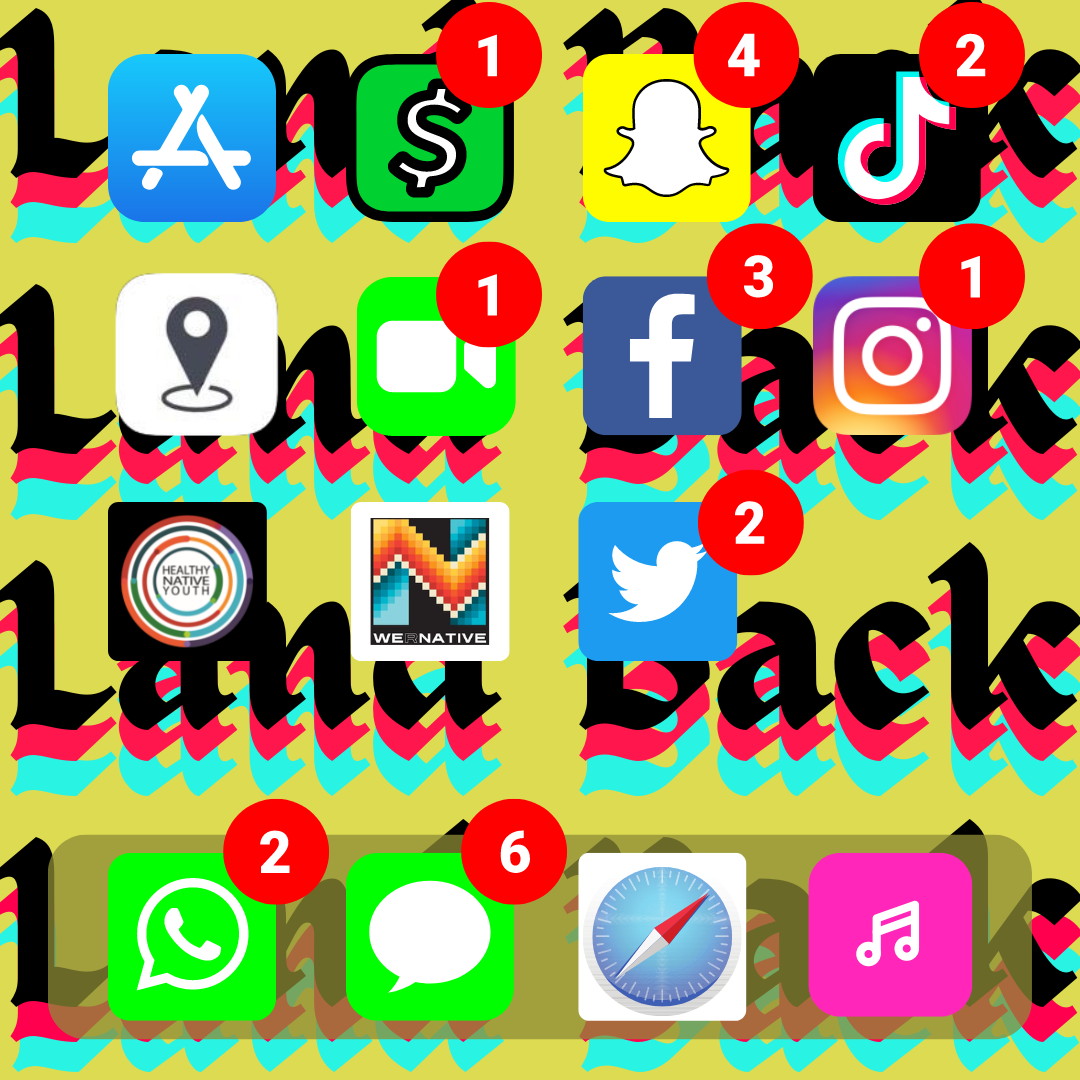Like many things in life, social media can be used for good and bad. On the one hand, it’ is a great way to stay connected with friends and family and see what your favorite celebrities or influencers are up to. On the other hand, social media can connect you with people who have bad or harmful intentions. Plus, what you post can come back to haunt you later.
To stay safe on social media, consider:
- Setting your accounts to “private” – When you do this, only the people you’ve allowed to follow or friend you can view your activity and posts. This will prevent people you don’t know from seeing what you’re up to. If you haven’t already, go to the “settings” option of your accounts and change your settings to “private.”
- Don’t add people you don’t know – If you get a friend or follow request from someone you don’t know, don’t accept it. Consider asking a friend or family member if they know who the person is.
- Be careful who you’re communicating with – It can be exciting to find someone online you share similar interests with or relate to. You might want to start a conversation and befriend them. But you might not know much about the person, which can put you at risk. Be cautious when communicating online. To learn how to be safe chatting online, click here.
- Think before you post – A night out is always fun, and so is adding comments to a controversial topic! But the pictures and content we post online have the potential to hurt us in the future when we are applying to school or a job or competing for a scholarship. Certain comments and posts stay online forever and can be sent to future employers, college recruiters, and others. Consider the impacts of what you post. If your future self will regret it, don’t post it.
It’s normal to feel strong emotions towards something you read or see online. But before you react and post something you might regret later, try to hit the emotional pause button. For example, consider practicing this relaxation exercise called Finger Count Breathing, which focuses on taking four deep breaths:
- Sit in a comfortable position and close your eyes. You can also leave them open. Breathe normally.
- On one hand, bring the tip of the pointer finger to touch the tip of the thumb. Breathe in for a nice, slow breath. Holding the finger and thumb in place, breathe out for a nice, slow breath.
- Next, bring the tip of the middle finger to touch the tip of your thumb. Breathe in for a nice, slow breath. Breathe out for a nice, slow breath.
- Now, bring the tip of the ring finger to touch the tip of your thumb. Breathe in for a nice, slow breath. Breathe out for a nice, slow, easy breath.
- Bring the pinky to touch the thumb. Breathe in for a nice, slow breath. Breathe out for a nice, slow, full breath.
You can repeat this breathing if you’d like, starting with your pointer finger and thumb. Notice how you feel after completing the breathing exercise.
- Be mindful about sharing your location – Sharing the location you’re going to? Posting a pic in front of your house? Things like this seem harmless, but they can have serious consequences. For example, people have posted vacation pictures online only to come home to an empty house after being robbed. Be mindful about posting pictures that tell people where you are and when. To stay safe don’t tag your location on your posts. Also, if you take a photo of yourself out and want to post it, post it after you leave the place.
- Avoid engaging in sexual conversations or sending inappropriate pictures – Sexual conversations online or through text can be used against you – sometimes as blackmail. The same applies to sending sexy or revealing pics. In some states, sending or even receiving sexy or revealing pictures, like nudes, can result in charges of child pornography and sexual offenses if the person in the picture is under the age of 18. To learn more about sexting, click here.
Social media isn’t a totally good or bad thing! It’s how you use it. You can make it a safer place for yourself by practicing the tips above.
To learn more about social media safety, check out these resources:
- Digital Life & Social Media
- Safe Online Chat
- Understanding Sexting
- Ask Your Relative – Catfishing
- Online Safety (for teens)
- Online Privacy and Staying Safe
Author: Stephanie Paz is a Tigua Indian of Ysleta del Sur Pueblo. She has a Bachelor of Science in Psychology from The University of Texas at El Paso and is working towards a Master of Public Health in Health Behavior and Health Promotion from New Mexico State University.


